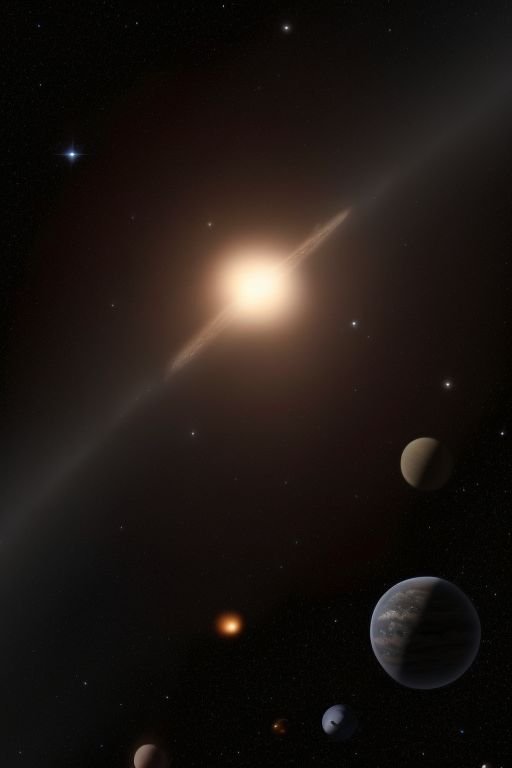Astronomers have recently made two significant exoplanet discoveries, shedding new light on the diversity and characteristics of planets beyond our solar system.
First, a team of astronomers has identified a cold, Neptune-like exoplanet named HD88986b, which boasts the longest orbital period (146 days) among known exoplanets smaller than Neptune or Uranus with precise mass measurements. HD88986b, discovered using the SOPHIE spectrograph at the Haute-Provence Observatory in France, has an estimated mass of approximately 17 times that of Earth. Observations from NASA’s TESS and ESA’s CHEOPS satellites helped estimate its diameter to be about twice that of Earth. With an atmosphere temperature of only 190 degrees Celsius, HD88986b provides a unique opportunity to study “cold” exoplanet atmospheres, a rarity since most known exoplanet atmospheres exceed 1,000 degrees Celsius. This discovery could help scientists understand more about planet formation and evolution in systems beyond our own.
Additionally, another team led by Ilaria Carleo of the University of La Laguna in Spain announced the discovery of a warm Jupiter exoplanet, TOI-4515 b, orbiting the G-star TOI-4515, located about 632 light years away. This exoplanet, with an orbital period of approximately 15.26 days, has a radius of 1.09 Jupiter radii and a mass about 2.01 times that of Jupiter, resulting in a density of approximately 1.95 g/cm³. Its discovery was made possible through transit signals identified by TESS and confirmed via radial velocity measurements with the HARPS-N spectrograph. TOI-4515 b’s relatively high density and eccentric orbit suggest a tumultuous dynamical past that could involve planetary collisions or other interactions. This system’s study could yield insights into the dynamics of gas giant planets and their formation processes.
These discoveries not only add to our understanding of the vast diversity of exoplanets but also offer new avenues for studying planetary systems’ formation, evolution, and the potential habitability of other worlds.


